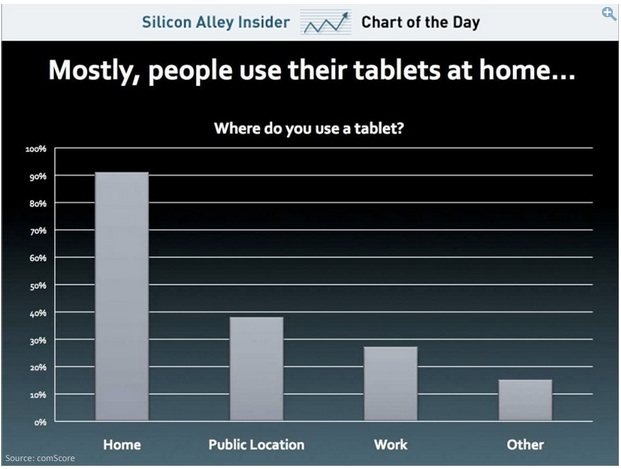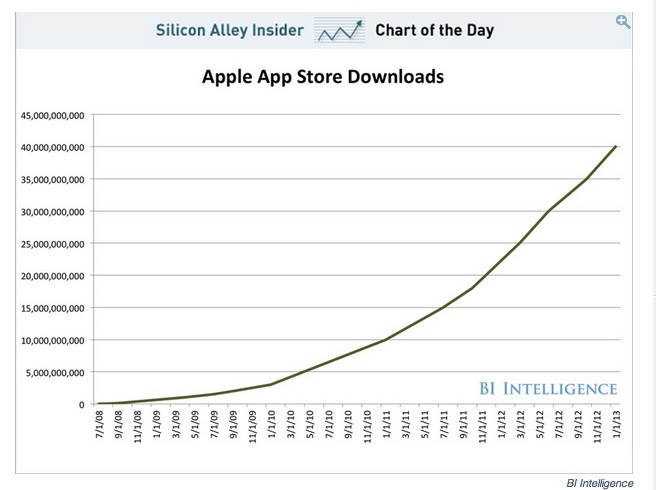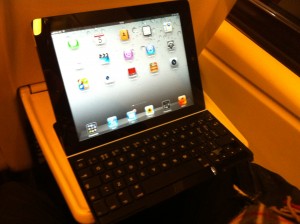A while ago I wrote this:
We have replaced the old Microsoft Windows software monoculture with a new one based around an apps-centric user interface. Mobile devices have become machines for running apps. And whatever patent litigation says, all smartphones are now either iPhones or iPhone clones: a visiting Martian would be hard pressed to distinguish between an Android device and an Apple product, except perhaps on the basis of price. And, given the way network effects work, we will be stuck in this rut for the next few decades.
So an interesting question is: what will supplant the Apps-based interface? Here’s one answer (from Tom Simonite): voice-driven interfaces like Apple’s Siri and the technologies underpinning Google Glass.
Siri should be thought of a general purpose tool to achieve just about anything. I suspect the people in charge of Google Now’s development have similar ideas. Virtual helpers conceived along those lines could transform how people get stuff done with a smartphone, and remove the need for them to interact with the apps and websites they must turn to today.
Right now, Apple and Google’s operating systems are platforms on top of which the things a person needs sit. Achieving something involves a collection of apps, and often the Web, that users customize. The operating system just makes it possible to go to the places you need to go. If Apple and Google make their virtual assistants really work, that could be replaced by a much more centralized approach. Want something? Ask Siri or turn to Google Now and they’ll do the work of dealing with all those Web pages and apps for you.
It’s already possible to see how that could make things easier for people, and also remove the need for them to install or really be aware of apps as they are today. Many people with iPhones make use of Wolfram Alpha without ever installing it, for example, because it is drawn on by Siri. Likewise, you can find a restaurant and check table availability with Siri without having installed OpenTable, Yelp or any of their competitors. Google Now helps a person track sports scores, and deal with flight boarding passes without their turning directly to ESPN or United’s own mobile services.
Perceptive.





